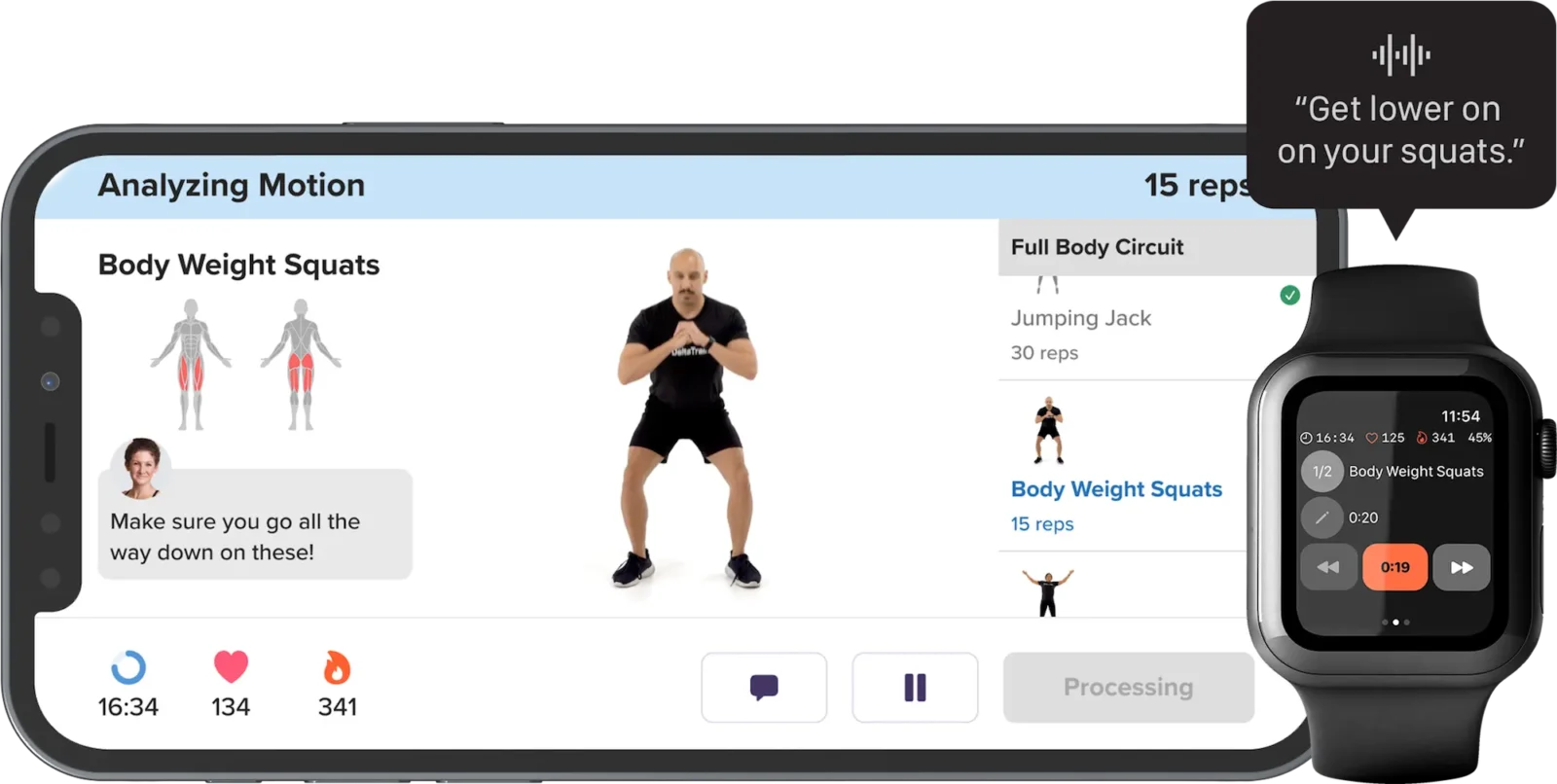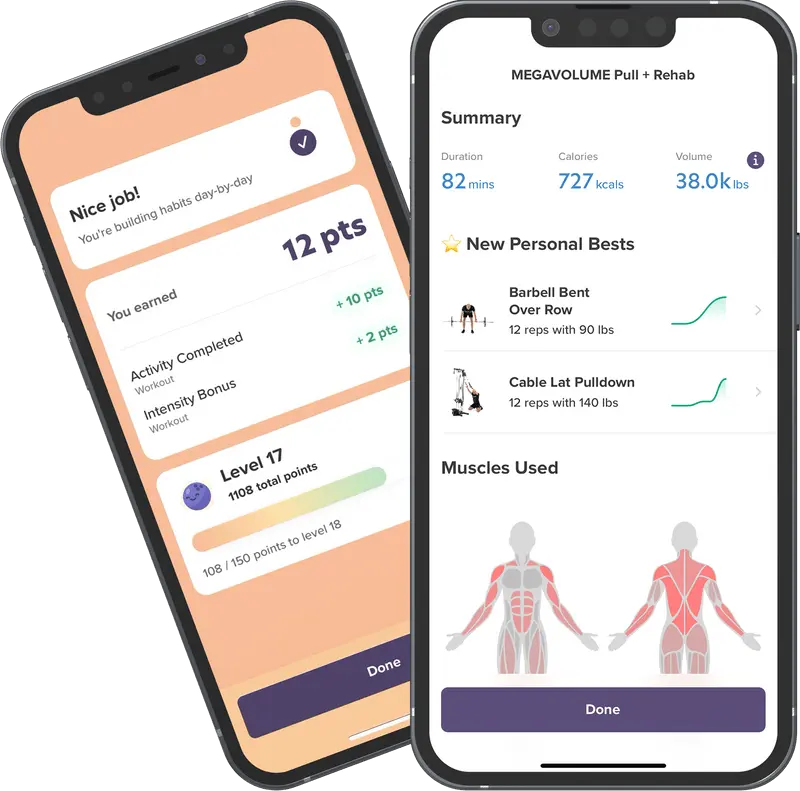CoPilot Raises Another $6.5M for Remote Personal Training App

CoPilot’s co-founder says the app’s human coaches give it an advantage over AI competitors
Pittsburgh-based remote personal training startup CoPilot recently raised $6.5 million in Series A-1 funding, led by Jackson Square Ventures. The digital platform, founded by CEO Matt Spettel and CTO Gabriel Madonna, matches users with remote personal coaches to receive tailored fitness plans.
CoPilot’s system, which has registered over 1.5 million workouts on its platform, seeks to offer an alternative to traditional in-person training by connecting users with remote trainers. The service costs $99 monthly and is available on both Android and iOS.
“Our mission at CoPilot is unwavering: to leverage the best of fitness and technology to truly transform lives,” Spettel said.
Keeping the ‘Personal’ in Personal Training
Spettel told TechCrunch that CoPilot’s human coaches give it an advantage over AI competitors by understanding each user’s unique needs. The customized support helps drive accountability and consistency. As the platform looks to scale, its tech aims to digitally recreate that personal touch.
The company’s origins trace back to the founders’ personal experiences with fitness, according to TechCrunch. Spettel, inspired by Madonna during their high school years, developed a keen interest in fitness. Both pursued higher studies at distinguished institutions—Carnegie Mellon for Spettel and MIT for Madonna—where they initially experimented with wearable technology aimed at gym enthusiasts. Their direction changed, however, when they identified a broader need in the market, leading to the creation of CoPilot.
For user onboarding, CoPilot employs a detailed questionnaire to determine the best coach match from their roster of fitness professionals. The coach then collaborates with the user, using an initial 45-minute discussion to frame a targeted fitness plan. Users are encouraged to stay consistent with daily check-ins, progress tracking and detailed workout feedback. Real-time audio prompts during workouts integrate with smart devices to further provide personalized feedback. While the majority of communication with coaches after the initial call is via chat, users have the option to schedule further calls if necessary.

Spettel said that, since its last funding round at the start of 2022, CoPilot has “buckled down and grown revenue by five times, while also making huge strides in our client product experience and coaching infrastructure.” This, he continued, “proves that we are not a brief workout trend, or another victim of the fitness hype of the last 2 years.”
The recent funding raises CoPilot’s total capital to $16.5 million. Spettel indicated that the funds would be used to expand the team, especially in the engineering, design and marketing sectors. There are also plans to hire more coaches.
“In the coming months, expect to see more powerful features, deeper personalization, and a wider reach as we set our sights on making CoPilot a global force for positive change,” he said. “But as always, our primary focus remains on the individuals we serve: our clients, coaches and the dedicated CoPilot team.”
The Rise of Remote Coaching
CoPilot exemplifies a trend of remote fitness coaching that’s gaining momentum. But what does this mean for traditional personal trainers?
Regarding the digital shift, as more people grow accustomed to seeking services online, especially in the wake of global events like the pandemic, personal trainers might consider augmenting their in-person offerings with online sessions or even hybrid models. There are also new opportunities, as platforms like CoPilot are actively hiring.; CoPilot alone, with its new funding, aims to recruit more coaches to join its team.
For trainers looking to reach a broader clientele, such platforms could be an avenue worth exploring. This is a perfect time for personal trainers to upskill, embracing tools and techniques tailored for online coaching. With platforms like CoPilot offering personal training for a fraction of traditional costs, in-person trainers may need to revisit their pricing models or emphasize the unique value propositions they bring.
While digital platforms are reshaping the fitness industry landscape, adaptability and continual learning can ensure that personal trainers remain not just relevant but thrive in this evolving environment.
“Every investment we receive is not just a testament to our product but to the power of the connection between our coaches and our clients,” Spettel said. “It’s about building a community rooted in health, accountability, and progress. This additional funding ensures that we can continue to innovate, inspire, and impact in ways bigger than we ever imagined.”



